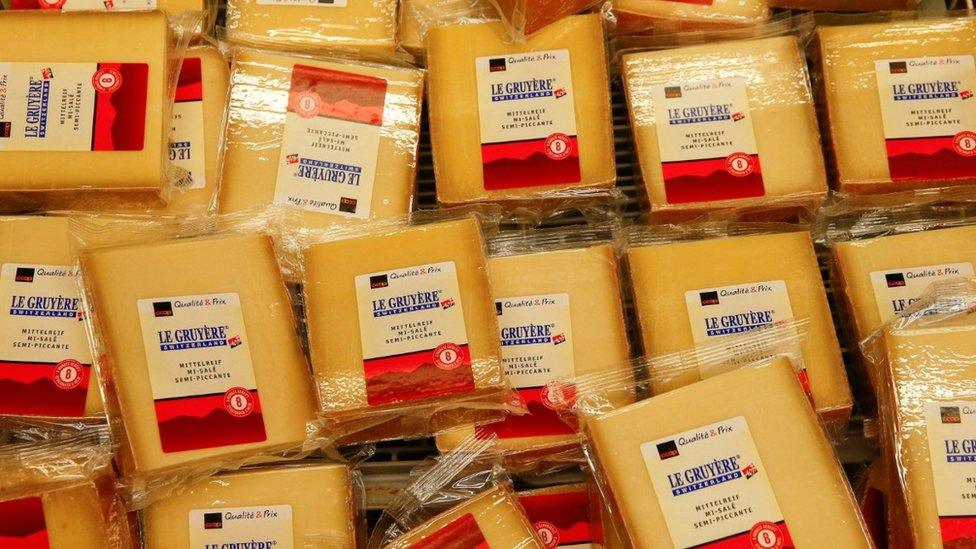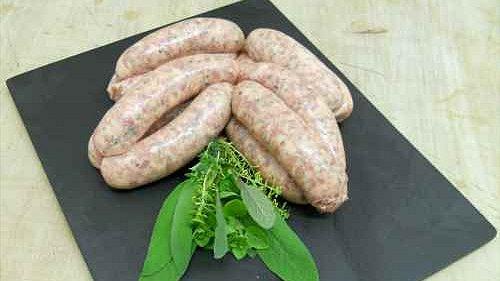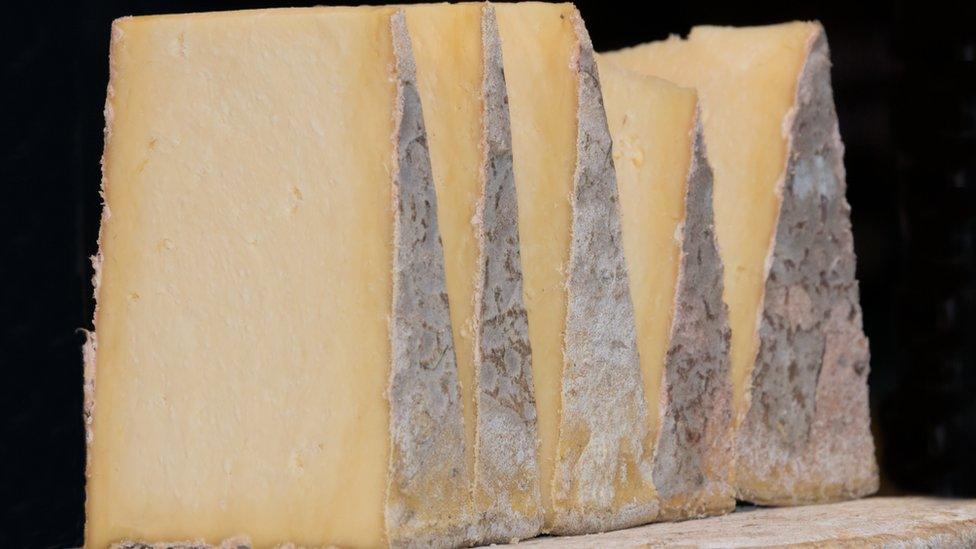US-made cheese can also be called 'gruyere', court rules
- Published

The name "gruyere" can now be used to label cheeses from outside of the Gruyère region of Switzerland and France, a US appeals court has ruled.
The Virginia court upheld a ruling stating that the US does not have the same strict rules as Europe on the designation of origin for foods.
It agreed that "gruyere" can legally be used to describe cheese regardless of where it was made.
The decision is seen as a victory for US dairy groups.
"Cheese - regardless of its location of production - has been labelled and sold as gruyere in America for decades," the Richmond, Virginia-based 4th US Circuit Court of Appeals ruled on Friday.
This includes cheese from the US, Netherlands, Germany or Austria, it said.
It upheld a ruling made by the US Patent and Trademark Office (USPTO), which rejected a claim by two groups representing cheese producers from Switzerland and France for a mark that would restrict the use of "gruyere" to cheese from Gruyère itself.
The court said the French and Swiss groups "cannot overcome what the record makes clear: cheese consumers in the United States understand 'GRUYERE' to refer to a type of cheese, which renders the term generic".
The groups said they would continue to "pursue vigorously" their efforts to protect the name.
US Dairy Export Council president Krysta Harden said in a statement that the decision was an "outstanding result for manufacturers and farmers here".
The US Food and Drug Administration does have some standards that need to be met to call cheese "gruyere" - it must have "small holes" and have been aged for at least 90 days.
Related topics
- Published30 November 2022

- Published1 July 2022

- Published20 November 2012

- Published30 January 2018

- Published15 June 2022
